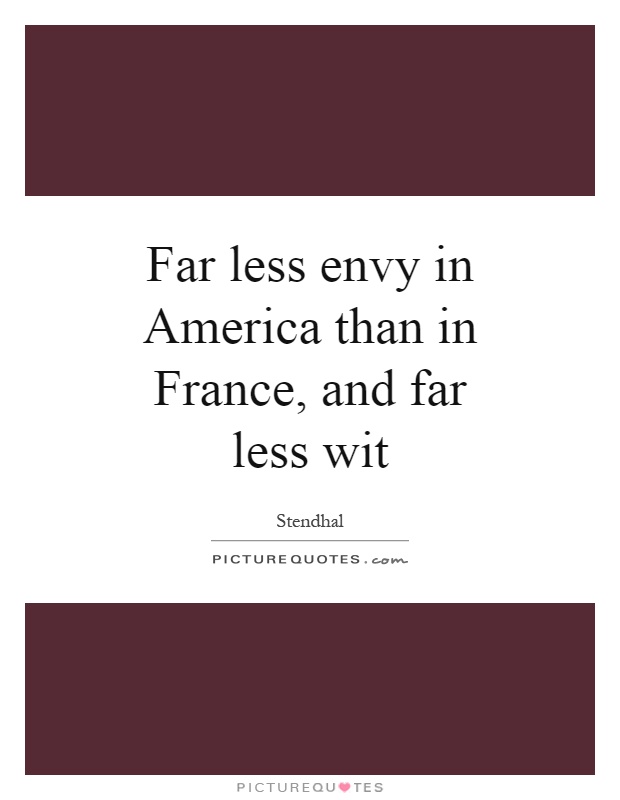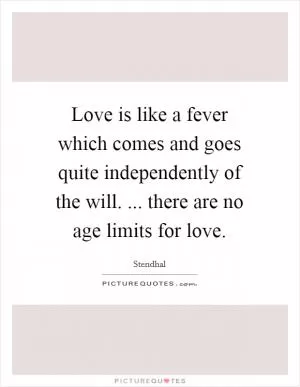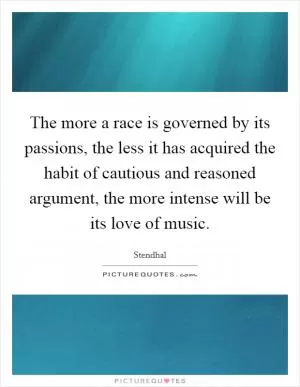Far less envy in America than in France, and far less wit

Far less envy in America than in France, and far less wit
In his seminal work "The Red and the Black," French author Stendhal famously remarked that there is far less envy in America than in France, and far less wit. This observation speaks to the cultural differences between the two countries and sheds light on the social dynamics that shape their respective societies.Envy, as Stendhal notes, is a prevalent emotion in French society. The French have a long history of social stratification and class consciousness, which can breed feelings of jealousy and resentment among individuals. The rigid social hierarchy in France can create a sense of competition and comparison among people, leading to envy of those who are perceived to have more wealth, status, or success. This envy can manifest in various ways, from subtle acts of sabotage to outright hostility towards those who are seen as having more than others.
In contrast, America is often seen as a more egalitarian society, where individuals are encouraged to pursue their own dreams and ambitions without being held back by societal constraints. The American Dream, with its promise of upward mobility and success through hard work, can foster a sense of optimism and opportunity that is less conducive to envy. In America, there is a greater emphasis on individual achievement and self-reliance, which can mitigate feelings of jealousy towards others.
However, Stendhal also notes that there is far less wit in America compared to France. Wit, in this context, refers to the ability to think quickly and cleverly, to make sharp and humorous observations, and to engage in witty repartee. French culture has a long tradition of wit and intellectualism, with a strong emphasis on language, literature, and philosophy. French society values wit as a form of social currency, and individuals are often judged based on their ability to engage in witty banter and intellectual discourse.












 Friendship Quotes
Friendship Quotes Love Quotes
Love Quotes Life Quotes
Life Quotes Funny Quotes
Funny Quotes Motivational Quotes
Motivational Quotes Inspirational Quotes
Inspirational Quotes